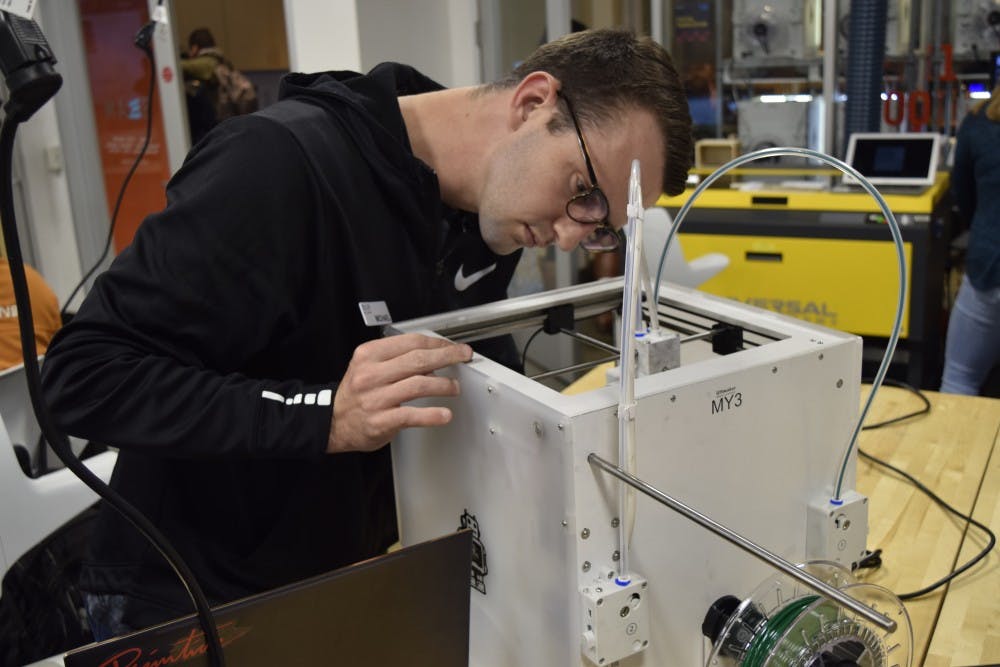On Nov. 11, the Association of Public Land Grant Universities named UNC among their 2018 cohort of Innovation and Economic Prosperity Universities. UNC joins more than 60 universities nationally who have received the IEP designation from APLU to date.
UNC contacted APLU with interest in the award and was asked to complete a two-year internal study of the University’s capacity for economic engagement and practical applications of innovative research conducted by faculty and students. Innovate Carolina, a UNC initiative, focused on the creation of innovative social and commercial enterprises.
Michelle Bolas, the director of Innovate Carolina, cites the evaluative self-study as one of the primary reasons UNC began to seek the IEP designation.
“The people here really care about being transformational in their communities and in their regions, and in the world, really," Bolas said. "We’re trying to figure out how all of these elements can work together and what the University needs to do to support that."
Innovate Carolina surveyed both internal and external stakeholders about opportunities for University-driven economic engagement and UNC’s infrastructure for entrepreneurial research.
During this time, Innovate Carolina formed databases which can track the progress of start-ups created by UNC affiliates and the monitor the funding and resources accessed by the creators in order to map the development of resultant business ventures.
“The study is an effort in understanding how and where the University is engaging economically and whether or not those efforts are being coordinated across the University. There is a survey instrument that they use in order to get feedback from stakeholders and they go from there. That’s just the starting point,” said Sheila Martin, vice president of economic development and community engagement at the APLU.
Martin said the assessment focuses on three areas of development: talent and workforce development, innovation and technology development and place development.
As a result of the designation, the University gains access to a network of other universities which are simultaneously evaluating potential areas of business applications of innovative research and tools of best practice research for increasing economic engagement.




